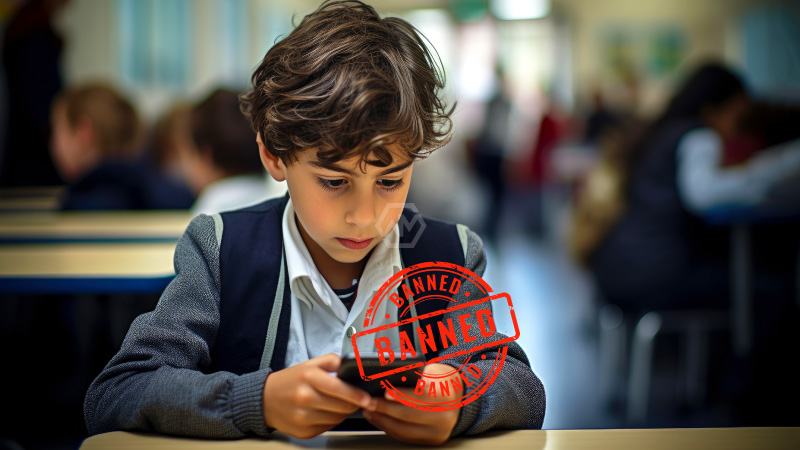Teachers find cellphones distracting but struggle with enforcing bans.
Students value cellphones for safety and educational purposes.
States like Florida and California are reevaluating school cellphone policies.
In classrooms across the country, teachers increasingly view cellphones as a double-edged sword. While acknowledging their potential for educational use, many educators cite constant distractions caused by texting, social media, and gaming.
Enforcing a ban is a major hurdle, as monitoring and confiscating devices disrupt class time and require significant administrative support. This challenge underscores ongoing debates in states like Florida and California, where recent legislative efforts reflect broader concerns over student focus and classroom management.
Navigating Cellphone Policies in Education: Perspectives from Teachers and Students
Conversely, students argue for the practical benefits of cellphone use in educational settings. They highlight the convenience of accessing information, collaborating on projects, and managing schedules efficiently. For many students, cellphones also serve as a lifeline for safety, providing quick communication with parents or guardians during emergencies. These arguments underscore the nuanced role of technology in modern education and prompt ongoing discussions about balancing its benefits with potential drawbacks.
In response to these debates, several states, including Florida and California, have recently revisited their school cellphone policies. Legislative actions and local initiatives aim to strike a balance between harnessing technological tools for learning and mitigating their disruptive influence in classrooms. As schools navigate these policy changes, the impact on student academic performance, classroom dynamics, and overall school culture remains a focal point for educators, policymakers, and parents alike.
On the other hand, students argue that cellphones serve essential functions beyond distraction. Many see them as tools for safety, allowing quick communication with parents during emergencies. Moreover, students point to educational benefits, such as using phones for research, accessing educational apps, and organizing schoolwork. These perspectives complicate the push for bans, as policymakers weigh the potential impact on student learning and safety against concerns about disruption.
The ongoing debate over cellphone bans in schools reflects deeper discussions about the role of technology in education. Balancing concerns over distractions with the potential benefits for learning and safety continues to challenge educators and policymakers nationwide.
“Cellphones are not just distractions; they are lifelines for safety and powerful tools for learning.”



